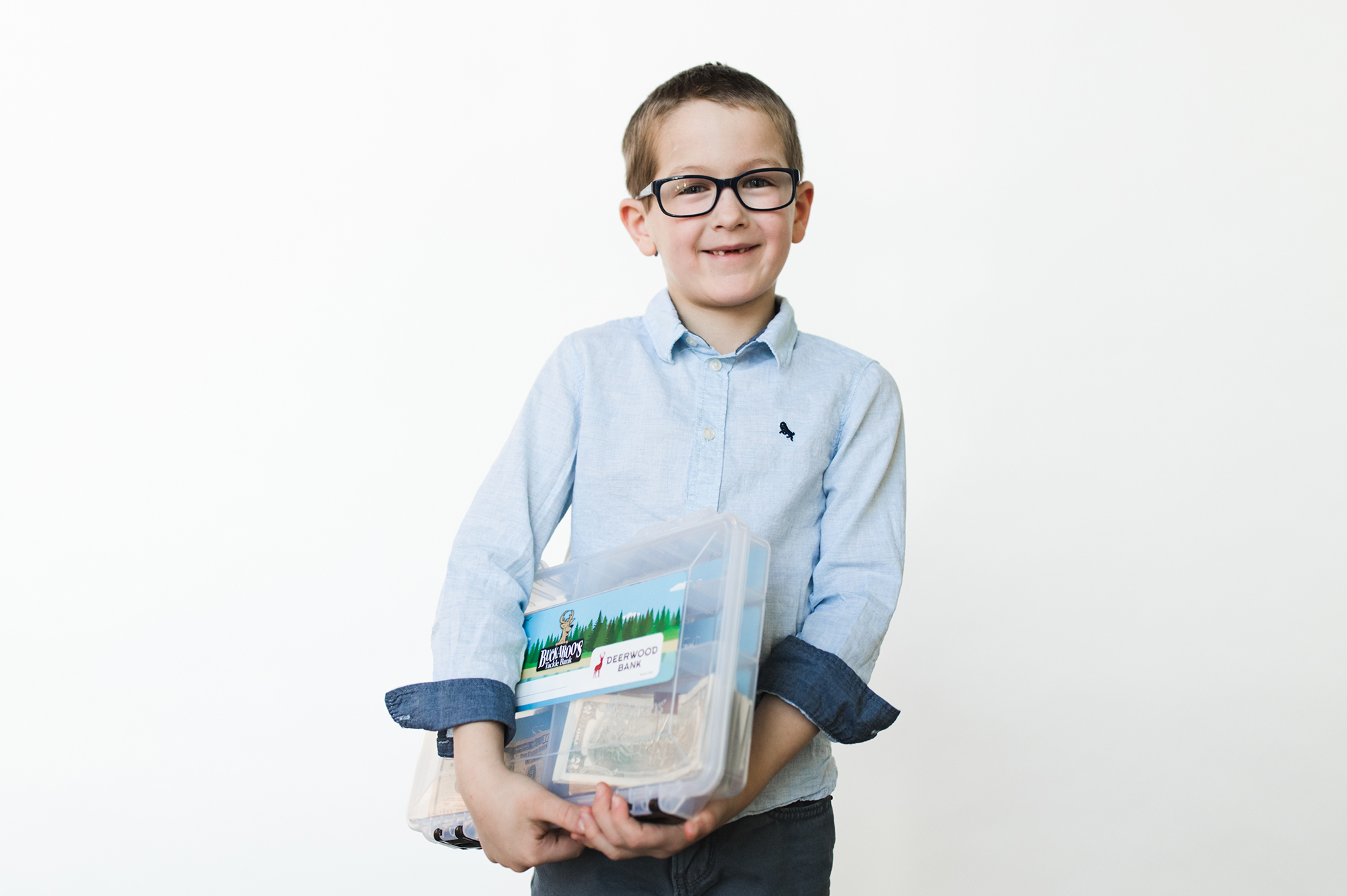You hear us talk a lot about how important financial literacy is for kids, and you see us doing quite a bit of volunteering in schools teaching financial literacy to tiny learners and near-graduates alike. Why do we put so much focus on educating the youth of the world about financial literacy? These statistics from youth.gov are why:
- A survey of 15-year-olds in the United States found that 18 percent of respondents did not learn fundamental financial skills that are often applied in everyday situations, such as building a simple budget, comparison shopping, and understanding an invoice.
- A report on the results of a financial literacy exam found that high school seniors scored on average 48 percent correct, showing a strong need for more comprehensive financial education for youth in high school.
- According to a 2008 wave of the National Longitudinal Survey of Youth, only 27 percent of youth knew what inflation was and could do simple interest rate calculations.
- The average debt of students when they graduated from college rose from $18,550 (in 2004) to $28,950 (in 2014), an increase of 56 percent.
Learning real, practical money management skills has never been more important.
- Include your kids in budgeting
Hopefully you do some sort of budgeting in your household (and if not, here’s the perfect reason to start!). As a family, sit down and discuss what each person thinks should and shouldn’t be included in the budget. This will likely spark a conversation about needs vs wants, as well as provide each person the opportunity to voice what they think is important. - Teach opportunity cost
A hard lesson (for all of us) is the concept of opportunity cost. Teach your kids that when they make a decision to purchase one thing, it likely means they won’t be able to purchase another. This lesson is important, too, for teaching about delayed gratification and saving up for purchases. - Talk about money
One mistake that a lot of people make is to simply not talk about money in front of or with their kids. The reality is that conversations about money can be really helpful for you and for them. Have healthy conversations about budgets, opportunity costs, credit, and any other finance topics that will help your kids learn about money. Also, show them the good they can do with their money – like being generous! - Open an account early
Piggy banks (or as we call them – Tackle Banks) are great for keeping spare change and small allowances. But children should also have a kid-focused savings account where they can store larger amounts of money and see how interest works. Plus, depending on where you open an account, there may be fun and unique opportunities to learn – like with a Deerwood Tackle Bank (ask how to get yours free when you open a Kids Buckaroo Account at Deerwood!). - Talk about (and even practice) credit
Statistics show that young adults don’t know how to use credit cards appropriately or responsibly. Talk to your kids about how credit works. Why is it important? How can they affect their credit score? What do they need their credit score for? How can they build up credit?
And, if possible, consider adding them as a user to a credit account of yours so they can “practice” using credit responsibly (and budgeting appropriately). Would you like to learn more about credit and how it affects your financial situation? Go to https://www.annualcreditreport.com/index.action get a free credit report as well as information resources on how to improve your score.





